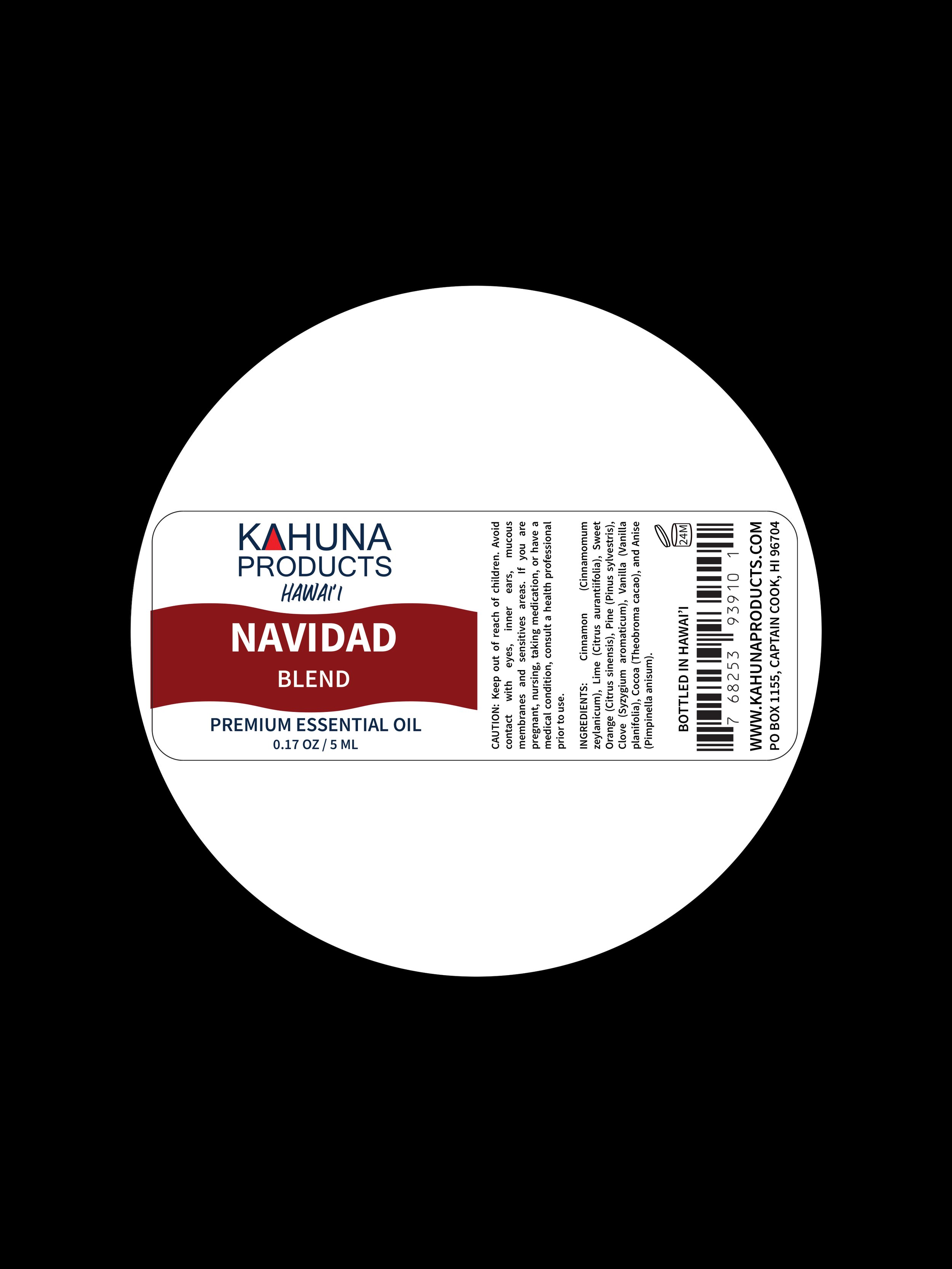-
INCI NAME: Paeonia suffruticosa.
ORIGIN: China. Bottled in Hawai’i.
PART USED: Flowers.
EXTRACTION METHOD: Steam Distilled.
NOTE CLASSIFICATION: .
-
Florals: Rose, Neroli, Lotus, Jasmine, Geranium
Citrus: Bergamot, Mandarin, Pink Grapefruit
Greens and Herbs: Clary Sage, Palmarosa, Violet Leaf
Woods and Roots: Sandalwood, Vetiver, Muhuhu
Powdery Notes: Orris Root, Benzoin, Vanilla
Blending Tip: For a gentle heart-opening blend, try combining Peony, Rose, and Sandalwood in a jojoba carrier oil at 1–2% dilution.
-
They can be inhaled directly from the bottle, diffuser, or humidifier.
They should be diluted with a carrier oil when applied to your skin. We suggest a 4% dilution rate.
You can also add them to your favorite skincare products.
Essential oils are not safe for consumption unless you are under a health practitioner's guidance.
-
100% Pure Essential Oil.
Unrefined, Undiluted, No Fillers, No Synthetics, Organic, and Sustainably sourced.
-
0.17 oz / 5 ml
Amber glass bottle with euro dropper.
-
Keep out of reach of children. The bottles are a choking hazard. Avoid contact with eyes, inner ears, mucous membranes, and sensitive areas. If you are pregnant, nursing, taking medication, or have a medical condition, consult a health professional prior to use.
Animals are more sensitive to certain scents; consider your pets while choosing essential oils.
While not all essential oils have the same effect on everyone, the key is finding which ones work best for you. You are the individual and know what is best for you. So experiment and find your path.
The products described on this website are not intended to diagnose, treat or prevent any disease or to affect any structure or function of the skin or body. The information on this website is not medical advice and is not a substitute for consulting with a healthcare provider.






